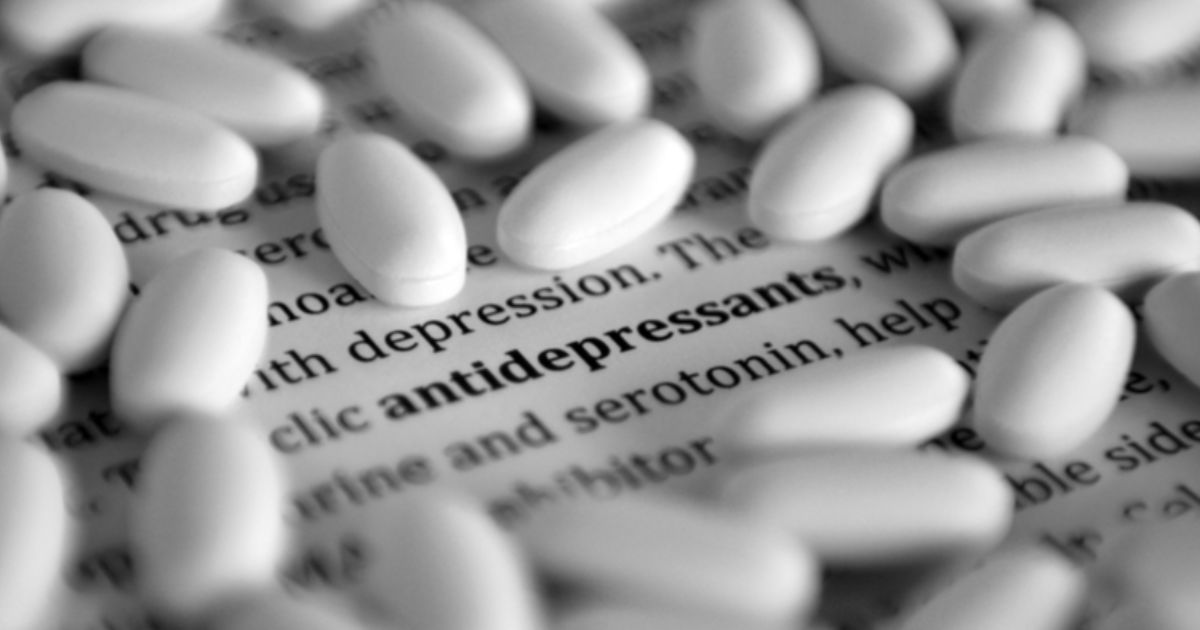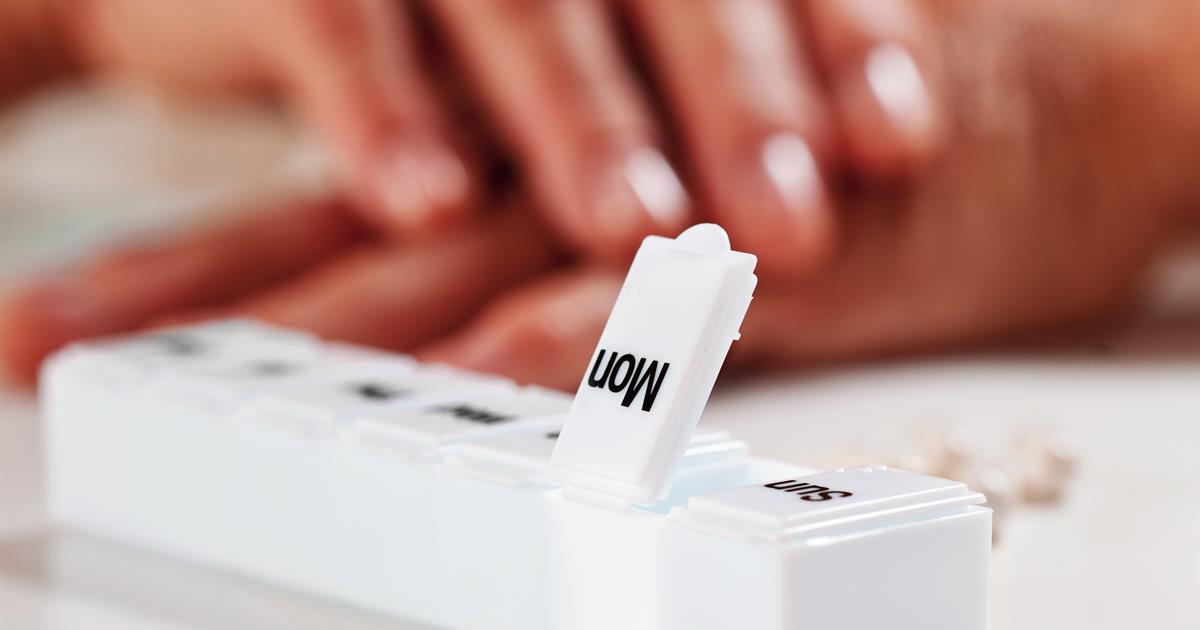Guide To Sluggish Cognitive Tempo Treatment
Sluggish cognitive tempo (SCT) is a relatively newly-recognized condition. It is an attention disorder and can overlap with attention deficit hyperactivity disorder (ADHD). However, the symptoms and effects of this condition have particular distinctions from attention deficit hyperactivity disorder. Individuals with sluggish cognitive tempo tend to daydream excessively, experience' brain fog' and fatigue, and have sluggish physical movements. They also struggle to remember information, stay alert in uninteresting situations, and follow conversations. In many cases, patients will process information slowly, become easily confused, and act withdrawn or apathetic as well.
Treatment for sluggish cognitive tempo is vital. Since this condition shares similarities with attention deficit hyperactivity disorder, many patients find that ADHD treatment can be helpful. One of these options is ADHD medications for adults. Natural ADHD treatment and therapy may also be effective. Of course, it is best for patients to understand all of their options for sluggish cognitive tempo treatment to ensure they pick the best one for their needs.
Antidepressants

Sluggish cognitive tempo often occurs alongside depression and anxiety. These disorders feed into each other, each causing the other's symptoms to worsen. Anxiety inhibits processing and can have a detrimental effect on memory. Depression, on the other hand, leads to lethargy, withdrawal from social activities, apathy, and feelings of fatigue and sluggishness.
Sluggish cognitive tempo patients, especially children, often experience anxiety and depression because they struggled to keep up with their peers. Their social relationships may suffer, and they may not perform as well in school or at work as they want. Antidepressants can be used to treat comorbid depression, and some treat symptoms of generalized anxiety. A doctor may also prescribe specific anti-anxiety medications for anxiety symptoms.
ADHD Medication

Around half of the individuals with sluggish cognitive tempo also have some form of attention deficit hyperactivity disorder. The attention-deficit type of ADHD is more common than the hyperactive type since an excess of physical energy categorizes the hyperactive type. Attention deficit hyperactivity disorder medication can be used to treat comorbid attention deficit hyperactivity disorder. Sluggish cognitive tempo can still be treated through stimulants, even in individuals who do not meet the diagnostic criteria for attention deficit hyperactivity disorder.
Stimulants increase the levels of dopamine in the brain. Dopamine is a neurotransmitter that is important for focus, mood stability, and other physical functions. In sluggish cognitive tempo patients, low dopamine levels lead to lethargy and feelings of fogginess. Increasing dopamine levels can help individuals feel more alert, increase memory capacity, and make it easier to follow conversations and process information.
